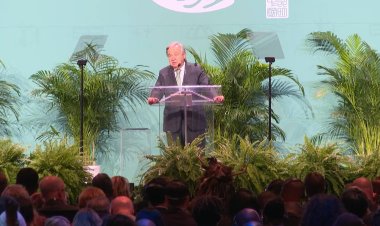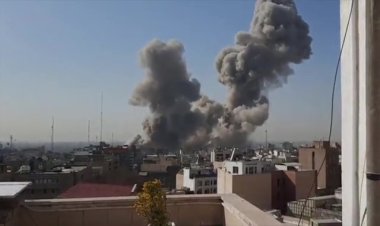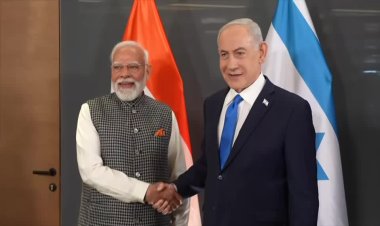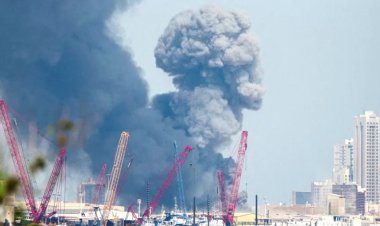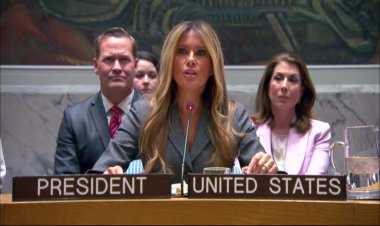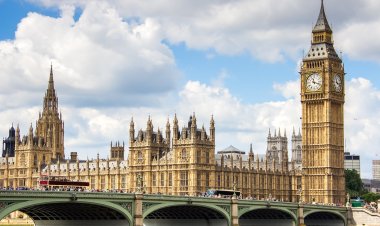Nigeria Prepares for Ramadan Amid Economic Crisis
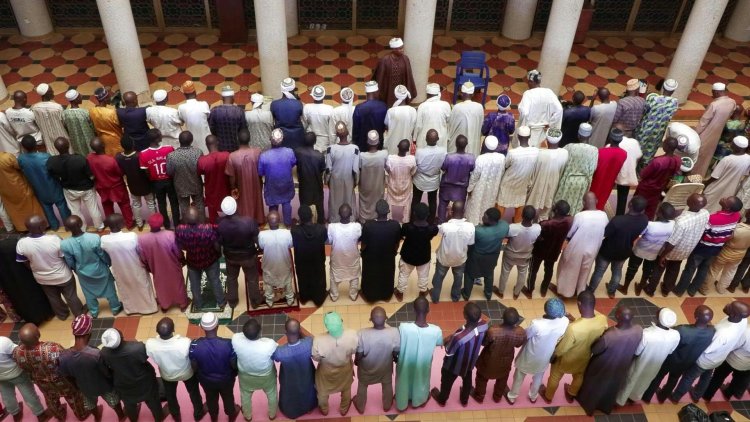
The holy fasting month of Ramadan begins early next week in Nigeria, with the worst economic crisis in a generation leaving many in Africa's most populous Muslim country struggling to buy food.
With food inflation at around 35 percent, worshippers taking part in prayers at the central mosque in Lagos said they were barely able to provide for their families.
The government brought in reforms last year that have had a devastating effect on citizens of Africa's biggest economy, where around half the population of 220 million is Muslim.
Since coming to office last year, President Bola Ahmed Tinubu has ended a fuel subsidy and currency controls, leading to a tripling of petrol prices and a spike in living costs as the naira has slid against the dollar.
Tinubu has called for patience to allow his reforms to take effect, saying they will help attract foreign investment, but the measures have hit people hard.
Many poor Nigerians have had to skip meals and give up products such as meat, eggs and milk.
At the market on the outskirts of the mosque, traders also said they were struggling.
That in under six months, his monthly income had fallen by a third to around 40,000 naira ($25).
Nigeria's economic crisis has triggered sporadic social unrest in recent months.
Earlier this week, the national emergency agency said it had tightened security at its warehouses after hundreds of people looted a food store in the capital Abuja.
In the face of such hardship, the imam at the central mosque, Sulaiman Oluwatoyin Abou-Nolla, called for solidarity.
"We need to support each other especially during this period of Ramadan," he said, outlining plans to distribute food at the mosque this month.
At least 63 percent of Nigeria's population lives in extreme poverty, according to the national bureau of statistics.




